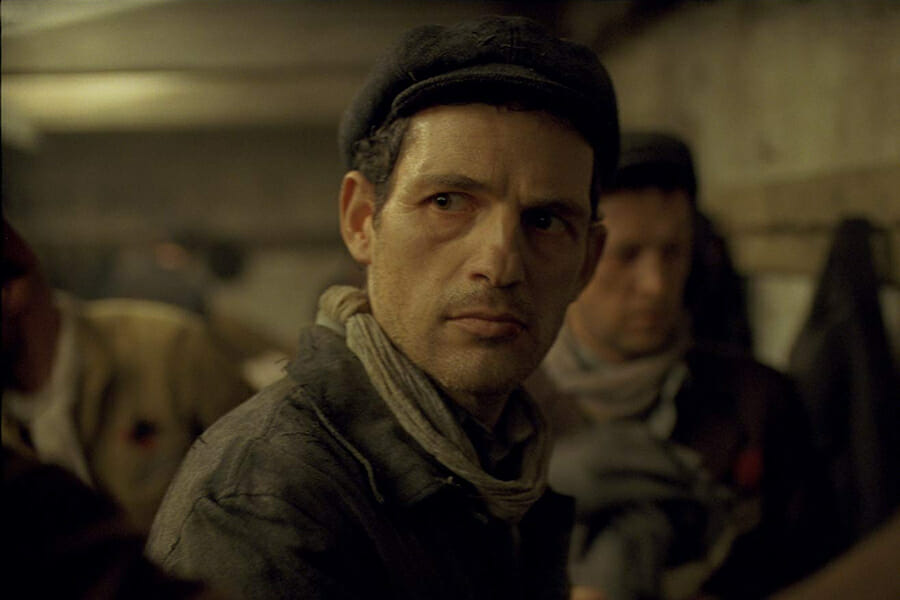
Culture
Q&A with Jo Anne Barnhart of the Magyar Foundation
Jo Anne Barnhart is Executive Director of the Magyar Foundation of North America (MFNA), a non-profit organization established in 2014 and dedicated to promoting Magyar heritage, history, and pride through educational, social, and cultural programs.
Thanks for taking the time to speak with us today. What is MFNA’s mission?
Thank you for the opportunity. MFNA exists to foster a strong sense of community for the Hungarian-American population of North America. By developing and promoting cultural exchange opportunities, we are strengthening bonds born from a rich history of cross-cultural collaboration.
North America is home to the largest Hungarian population outside of Hungary. People of Magyar descent have come to North America throughout history for a variety of reasons, but all are linked through their unique ancestry and heritage. We live in an interconnected world that makes Hungary far more accessible today. Hungary and North America have a lot to offer one another through the free exchange of values, technology, and education. There is no question that the closer to one another we are, the more we will all benefit.
What defines Magyar heritage and culture?
The term Magyar refers to the ethnicity primarily associated with Hungarians. The Magyar people have a rich and complex history rooted in the dynamic evolution of Central Europe. Magyar culture is informed by thousands of years of European history, but also has modern roots throughout the world and particularly in North America today.
How is Magyar heritage related with that of North America?
North America is home to millions of people of Magyar descent. Following the Hungarian Revolution of 1848, and again nearly 100 years later during World War II, immigrants from Hungary traveled to North America in search of the kinds of opportunities that only North American democracy had to offer.
For the U.S. specifically, there has been a very special connection with Hungary dating back to when Lajos Kossuth, the founder of Hungarian democracy, was invited as the second person in history – only after the Marquis de Lafayette – to speak in front of a Joint Session of Congress.
He spoke then about shared democratic ideals while touring America in exile from Hungary after leading a democratic revolt that was defeated by the Hapsburg Dynasty.
Magyar heritage and culture are also defined by those Hungarian-Americans and Hungarian-Canadians who contributed to scientific and artistic discovery, who were athletes, literary masters, or played other significant roles in advancing cultural dialogue and common interests. The events that brought so many Hungarians to North America were often trying and difficult, but the contributions that Hungarians have made to American and Canadian culture, entrepreneurship, and society have helped make our nations stronger and more vibrant. The MFNA is proud to honor that history, celebrate those achievements, and help ensure that the special connection we share continues to make the world a better place.
In what ways does MFNA engage with and on behalf of Hungarians?
This year marks the 60th anniversary of the Hungarian Revolution of 1956, so 2016 is a special year. Among MFNA’s latest initiatives, later this month we are holding a special event at the U.S. Capitol to bring together members of the U.S. House Hungarian Caucus, current and former U.S. House and Senate members, government staff members, business leaders, academics, and experts from prestigious think tanks to celebrate Lajos Kossuth. Kossuth continues to be a celebrated figure here in the U.S., with statues of him in New York, Cleveland and a bust in what is known as “Freedom Foyer” in the U.S. Capitol. We are glad to have the opportunity to highlight his history with North America as an essential part of Magyar heritage.
Pepperdine University Professor Tom Stipanowich is slated to come speak to our guests about the meeting between Abraham Lincoln and Kossuth, an event he features prominently in a book he is currently working on.
MFNA recently developed a Public Policy Scholarship Program in partnership with Pepperdine University. In addition to Professor Stipanowich’s work, we are collaborating on scholarly projects and research with that prestigious academic institution on the relationship between the U.S. and Hungary during the Reagan presidency, in the immediate post-Soviet era, and regarding the contemporary issues our countries face today.
In what other ways does MFNA engage with broader communities throughout North America?
More broadly, the MFNA website is a resource center for general information about Hungary and on historic and modern Magyar figures who have made a positive impact on humanity through their work in various professional fields. We are also promoting fun opportunities to experience Budapest, Hungary’s capital city and a distinct European destination, by giving away an expenses-paid vacation there this spring.
Whenever given the opportunity, MFNA supports newly accomplished individuals with ties to Hungary, such as Hungarian photographer Ákos Stiller, who won first prize at this year’s Pictures of the Year. A Hungarian film, Son of Saul, just won a Golden Globe and is a contender for an Academy Award for best foreign language film – so you can expect that we will be watching the Oscars closely and celebrating the Hungarian filmmakers involved on our website and newsletters.
Modern cultural touch points, such as music, pictures, movies and art, all are important channels for connecting populations that although foreign in some respects, are all experiencing the same core emotions and experiences. Cultural exchange is a powerful tool and we want to leverage it to bring out the best in what we have to offer.
Good luck to the Son of Saul team. Is there anything else the general public or the Hungarian diaspora in particular should know about your organization?
Anyone is welcome to visit MagyarFoundation.com to learn more about Magyar culture, check in on the Public Policy Scholar Team’s updates and look for upcoming events. You can also find us on Facebook where you can engage with our more than 11,000 followers.
Thanks very much for participating in this discussion.

